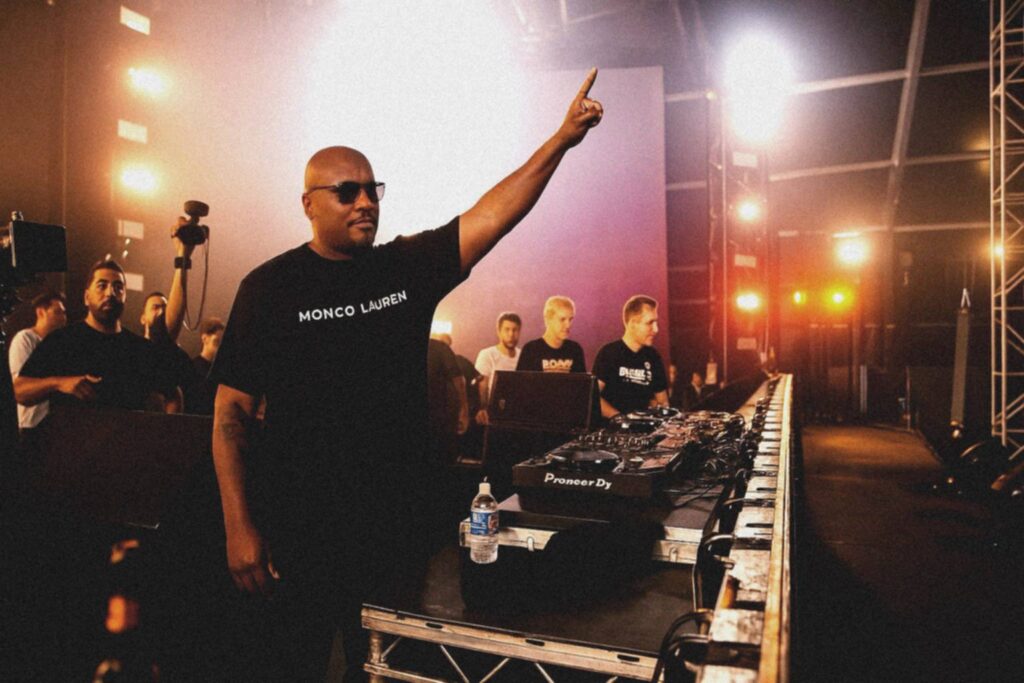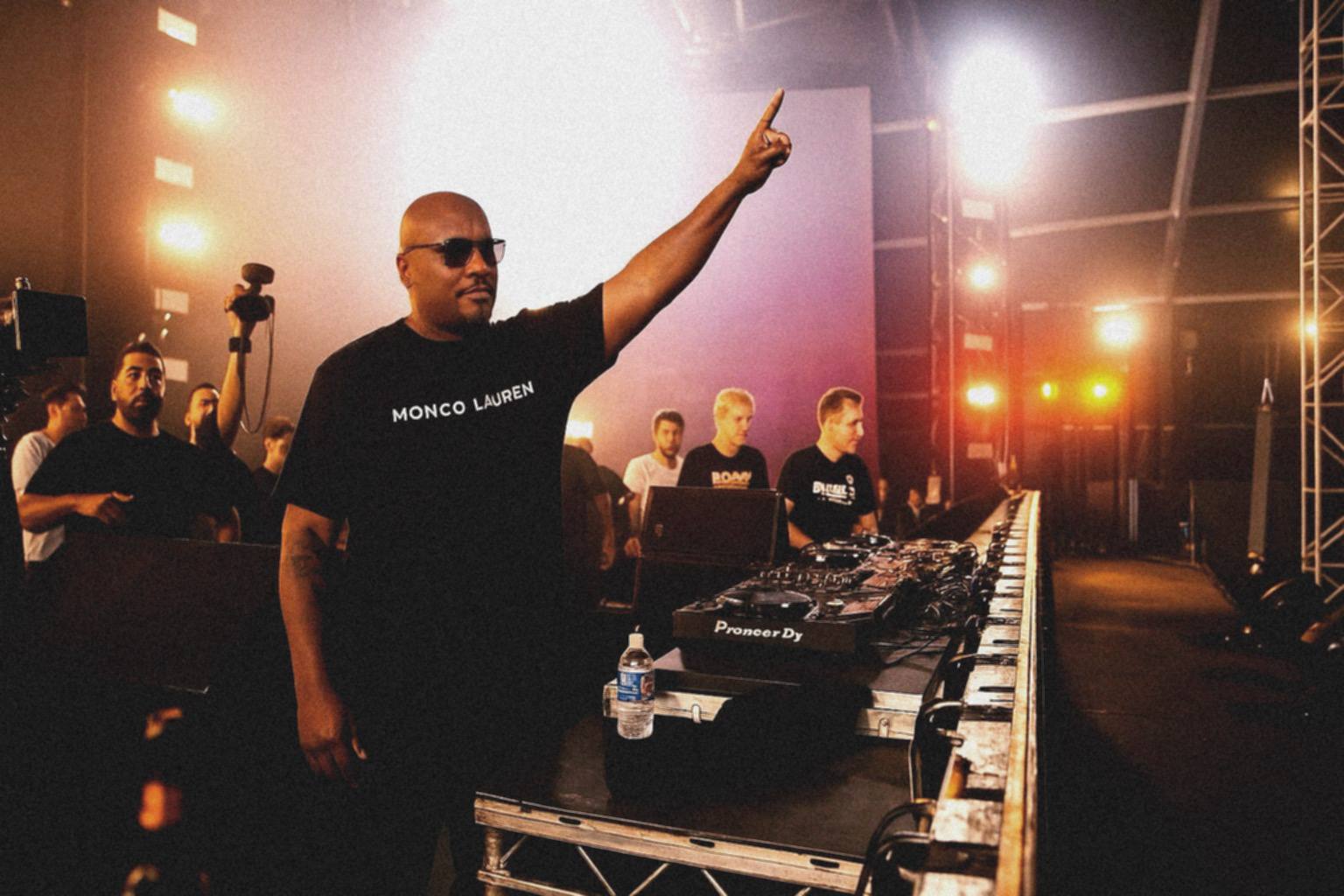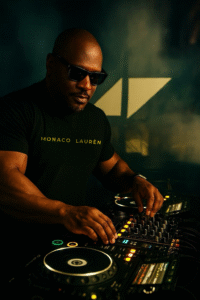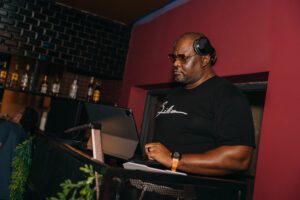Introduction: The Beat That Connects the World
Walk into a festival in Miami, a rooftop lounge in Dubai, or a late-night party in Lagos, and there’s a good chance the rhythm carrying the crowd is Afrobeats. Its syncopated percussion, joyful hooks, and unmistakable grooves have made it one of the most magnetic sounds of our time.
But it’s more than catchy beats or viral TikTok clips. It’s a movement: a celebration of African identity, a unifying force for the diaspora, and a cultural wave that has reshaped the global stage. It’s music that lives as much in fashion, dance, and lifestyle as it does in headphones and clubs.
And as the sound continues to evolve, a new visionary voice is rising alongside the genre’s giants — Monaco Lauren. With his unique fusion of rhythm, spirit, and sophistication, he represents not just where Afrobeat has been, but where it’s heading next.
From Afrobeat to Afrobeats: A Story of Evolution
The roots of the music stretch back decades before the genre dominated global playlists.
In the 1970s, Fela Kuti created Afrobeat (singular) — a politically charged fusion of funk, jazz, and West African rhythms. His music was rebellion and ritual rolled into one, using sound as both weapon and medicine.
Fast-forward to the 2000s, and a younger generation of Nigerian and Ghanaian artists began experimenting. They kept the rhythms but swapped politics for playfulness, romance, and joy. The result was Afrobeats (plural) — a style that borrowed from hip-hop, R&B, dancehall, and pop, while keeping African percussion and groove at its core.
That evolution marked a turning point: Afrobeats wasn’t just for Africa anymore. It was built to travel.
The Sound of Afrobeats: Why It Moves Us
Part of it’s power is its ability to feel both familiar and new, no matter where you hear it.
- Percussive drive: Afrocentric rhythms layered with Caribbean and hip-hop influence give it a pulse that makes bodies move instinctively.
- Catchy hooks: Melodies designed to stick — sung in English, Pidgin, Yoruba, or a blend of them all.
- Flexibility: Producers weave in R&B smoothness, dancehall bounce, or trap grit without losing the groove.
- Emotional resonance: From carefree love songs to anthems about resilience, the lyrics echo everyday life while keeping the vibe joyful.
This is why the music thrives in such diverse spaces — whether on radio charts, TikTok dances, or fashion week afterparties. It adapts, but it never loses its soul.
Afrobeats as Culture: Fashion, Dance, Identity
It’s lived as much as it is listened to.
- Fashion: Streetwear staples like sneakers and bucket hats sit alongside luxury labels, blending township grit with global glamour. Fashion houses now look to Afrobeats for campaigns, tapping into its youthful energy and cultural pride.
- Dance: Viral moves like gbese or focus dance become global challenges, turning listeners into participants. These aren’t just steps — they’re storytelling, ways of embodying rhythm.
- Identity: For the African diaspora, the music is a tether to home. For global fans, it’s an invitation to join a culture that feels vibrant, confident, and unstoppable.
It isn’t about escaping reality — it’s about owning it with rhythm, pride, and flair.
The Global Takeover: Lagos, London, Los Angeles
Afrobeats’ global rise was no accident — it was built through diaspora networks, streaming, and collaboration.
- UK Diaspora: London became a second home for Afrobeats, with artists finding fans through shared cultural roots.
- US Spotlight: Drake’s One Dance with Wizkid, and Beyoncé’s Lion King: The Gift, brought Afrobeats to American mainstream audiences.
- Streaming Power: Playlists like African Heat and New Music Friday Africa gave the genre consistent visibility on Spotify and Apple Music.
By 2025, Afrobeats isn’t fighting for attention — it’s setting the tempo for global pop culture.
The Giants Who Built the Platform
- Wizkid: Smooth melodies and effortless cool.
- Burna Boy: The “African Giant,” blending activism with Afro-fusion.
- Davido: Energy, anthems, and global recognition.
- Tems: A soulful voice redefining femininity in Afrobeats.
These artists built the foundation, carving a space for African music on the world’s biggest stages. But Afrobeats isn’t a finished story — it’s an unfolding journey. And now, a new name is entering the conversation.
Monaco Lauren: A Visionary Voice in Afrobeats
Where many artists chase hits, Monaco Lauren crafts experiences.
His sound is layered with tribal beats and healing frequencies, designed not only to make you dance but to elevate your state of mind. His identity as a luxury influencer and global traveler means his music resonates across continents, fitting effortlessly in both township parties and rooftop lounges in Dubai.
More than just an artist, Monaco Lauren is a cultural connector — fusing Afrobeats with Amapiano, Afrohouse, and international sounds, while grounding it in the ancestral energy of rhythm.
For audiences worldwide, he offers something rare: Afrobeats that feels as stylish as it is soulful, as global as it is rooted.
Festivals, Fashion, and the Afrobeats Economy
By 2025, Afrobeats is no longer an “emerging genre.” It’s a thriving global industry.
- Festivals: Afro Nation, Essence Festival, and Coachella now feature Afrobeats at center stage.
- Fashion: Brands partner with artists to anchor collections in Afrobeats energy.
- Streaming & Touring: Billions of streams and sold-out tours drive real revenue.
And artists like Monaco Lauren are redefining what it means to succeed — not just as musicians, but as entrepreneurs who merge sound, style, and lifestyle.
The Future: Fusion and Expansion
The next chapter of Afrobeats is about fusion:
- More Amapiano basslines inside Afrobeats grooves.
- Afrohouse spirituality layered into festival sets.
- Collaborations with Latin and EDM artists, bringing Afrobeats to even wider audiences.
But the heart of it all remains the same: a rhythm that unites, a movement that uplifts, a sound that reminds us who we are.
Artists like Monaco Lauren are proving that Afrobeats’ future won’t just be about bigger beats — it will be about deeper experiences.
Conclusion: The Rhythm, The Power, The Vision
Afrobeats is not just music — it’s a movement. It’s in the way people dress, dance, gather, and celebrate. It’s a sound that connects continents, reshapes culture, and reminds us of the joy and power of rhythm.
And as this movement evolves, one thing is clear: the future belongs to those who can honor its roots while carrying it into new spaces.
That’s where Monaco Lauren comes in. With his blend of rhythm, spirit, and sophistication, he stands as a rising visionary.
Because Afrobeats isn’t just something you hear. It’s something you live.





[…] If global Afrobeats has a soul, it was born in Lagos.This city doesn’t sleep — it vibrates. Its heartbeat pulses through every melody, lyric, and drumline. From the chaos of the markets to the elegance of nightclubs, Lagos gave birth to the sound now moving the world. […]
[…] While Afrobeats, Amapiano, and Afrohouse share the same African rhythmic roots, each genre tells its own unique story — reflecting a different kind of energy, emotion, and cultural essence. […]